Why SMEs Can’t Afford to Ignore Cybersecurity
Introduction: The Silent Threat to Small and Medium Businesses
When cyberattacks make headlines, it’s usually because a large bank, government body, or global tech giant got hit. But beneath the radar, small and medium enterprises (SMEs) are increasingly becoming the favorite targets of cybercriminals.
The assumption that “we’re too small to matter” is a dangerous myth. In fact, 61% of SMBs experienced a cyberattack in 2021, and the number has only risen since. Why? Because SMEs often have limited budgets, fewer dedicated IT staff, and weaker defenses compared to large enterprises—making them easy prey.
At Mentor Infocomm, we’ve seen firsthand how SMEs in India, especially in Chennai, are vulnerable. That’s why Cybersecurity Solutions, Managed IT Services, and IT Infrastructure Services aren’t optional anymore—they’re essential for survival.
Why Hackers Target SMEs
SMEs face a perfect storm of risk factors:
- Perceived low security: Many rely on outdated systems, basic firewalls, or free antivirus.
- High-value data: Customer records, financial details, intellectual property—all valuable on the dark web.
- Supply chain exposure: SMEs are often vendors to larger enterprises, making them a backdoor to bigger targets.
According to a Mastercard study, 46% of SMEs globally reported cyberattacks, and nearly 1 in 5 had to shut down or file bankruptcy after a major breach.
In other words, SMEs aren’t just at risk—they’re prime targets.
The True Cost of Cyber Insecurity
A cyberattack is not just an “IT issue.” It’s a business continuity issue.
Financial Damage
- 95% of incidents cost SMEs between $826 and $653,587.
- Ransomware attacks often demand payouts in lakhs, not including recovery expenses.
Downtime and Lost Productivity
- The average SME takes 24+ hours to recover from a breach—time that equals lost sales, delayed operations, and reputational harm.
Compliance and Legal Penalties
- In industries like healthcare, BFSI, and education, compliance failures lead to fines, investigations, and permanent reputational damage.
Trust Erosion
- Customers and partners are far less forgiving today. A single breach can undo years of goodwill. In fact, 80% of SMEs post-attack spent significant time rebuilding trust.
Top Cybersecurity Threats Facing SMEs in 2025
The digital landscape in India is evolving fast, but so are threats:
- Phishing & Social Engineering — 85% of SMEs report phishing attempts.
- Ransomware & Double Extortion — Hackers both encrypt data and threaten to leak it.
- AI-powered Deepfakes & Fraud — 2025 has seen a surge in deepfake-driven scams.
- Supply Chain Breaches — Attackers exploit third-party vendors to access critical systems.Insider Risks & Human Error — A careless click can compromise an entire network.
Each of these threats requires more than just antivirus. It demands layered protection, proactive monitoring, and enterprise-grade controls.
Why “Basic IT Security” Isn’t Enough
Traditional SME security strategies—like an antivirus plus a firewall—are outdated.
Research shows SMEs are often “unaware, unfunded, and uneducated” about cyber risks.
Meanwhile, SMEs now deal with:
- Remote and hybrid work setups
- Cloud-based applications and SaaS tools
- IoT devices, Audio Visual Integration, and Intelligent Surveillance Systems connected to networks
Each connection is a new potential vulnerability. Without Managed IT Services and Command and Control Centres for 24/7 oversight, SMEs are essentially leaving doors unlocked.
Building Cyber Resilience – What SMEs Should Do
Here’s a roadmap SMEs can adopt—with Mentor Infocomm as your partner:
- Conduct Regular Risk Assessments - Identify your digital assets, data flows, and critical systems. Prioritize protection where it matters most.
- Adopt 24/7 Monitoring and Incident Response - Cybercriminals don’t work 9–5. SMEs need round-the-clock monitoring to detect and neutralize threats fast.
- Secure Cloud Migration - Cloud adoption brings scalability—but must be done securely. Encryption, identity access, and real-time monitoring are non-negotiables.
- Employee Training & Awareness- Humans are often the weakest link. Training staff on phishing, password hygiene, and reporting suspicious activity is crucial.
- Integrate AV & Surveillance Securely - Your Audio Visual Integration systems and Intelligent Surveillance Systems must be secured against external access.
- Plan for Continuity - Backup strategies, disaster recovery, and tested response plans ensure that even if you’re hit, you’re not down for long.
The Mentor Infocomm Advantage
SMEs don’t need a patchwork of tools—they need a partner. Mentor Infocomm delivers:
- End-to-end Cybersecurity Solutions — From endpoint security to advanced threat protection
- Enterprise Technology Solutions in Chennai — Trusted by government, hospitals, finance, and education sectors
- Partnerships with Global Leaders — Cisco, Microsoft, AWS, Fortinet, Dell, Samsung, Sony
- Proven Track Record — Over a decade of expertise in ICT solutions, delivering reliability, security, and scalability
We design, deploy, and manage tailored IT solutions that align with your growth journey—whether you’re 50 employees or 5,000.
Conclusion: Don’t Wait for a Wake-Up Call
For SMEs, cybersecurity is not an optional insurance policy—it’s survival. The costs of ignoring it are simply too high.
By partnering with Mentor Infocomm, you don’t just get protection—you get continuity, trust, and growth readiness.
Explore our Cybersecurity Solutions today and protect your SME against tomorrow’s threats.
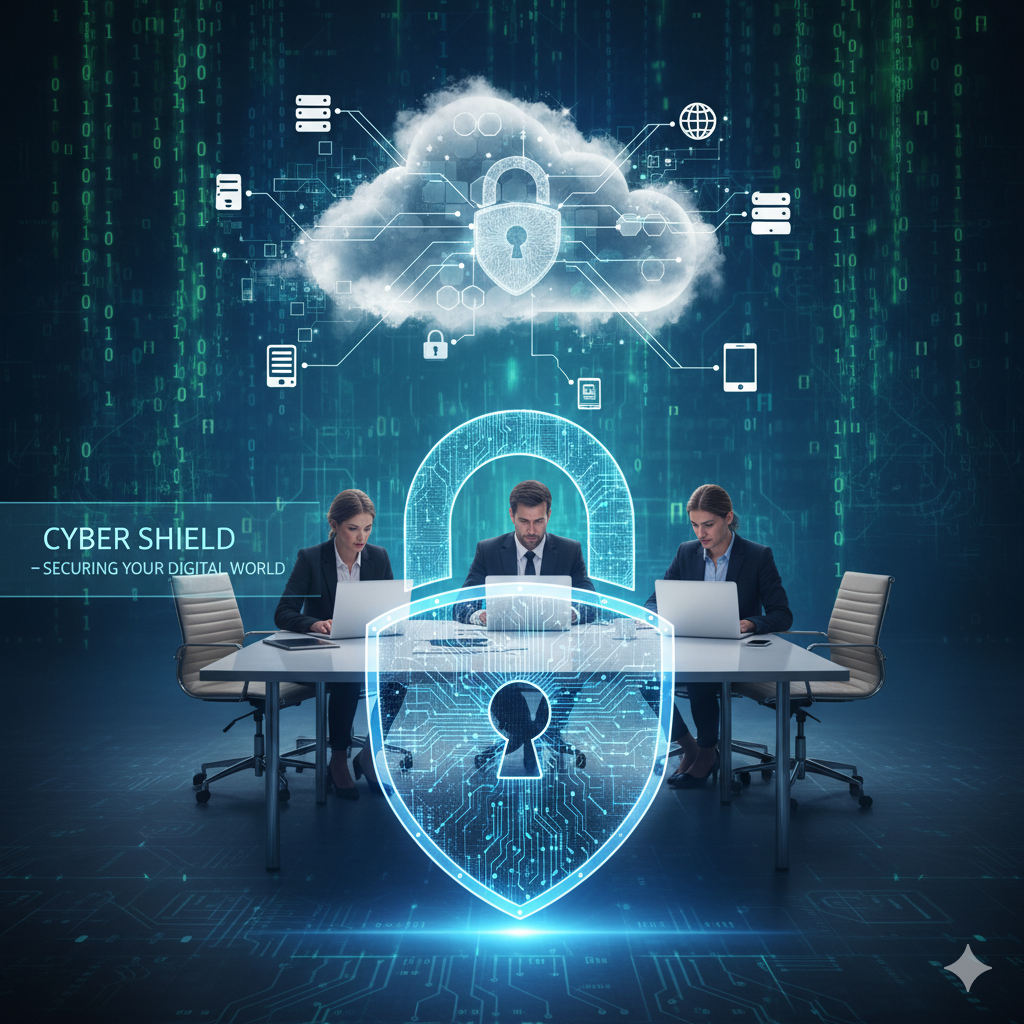
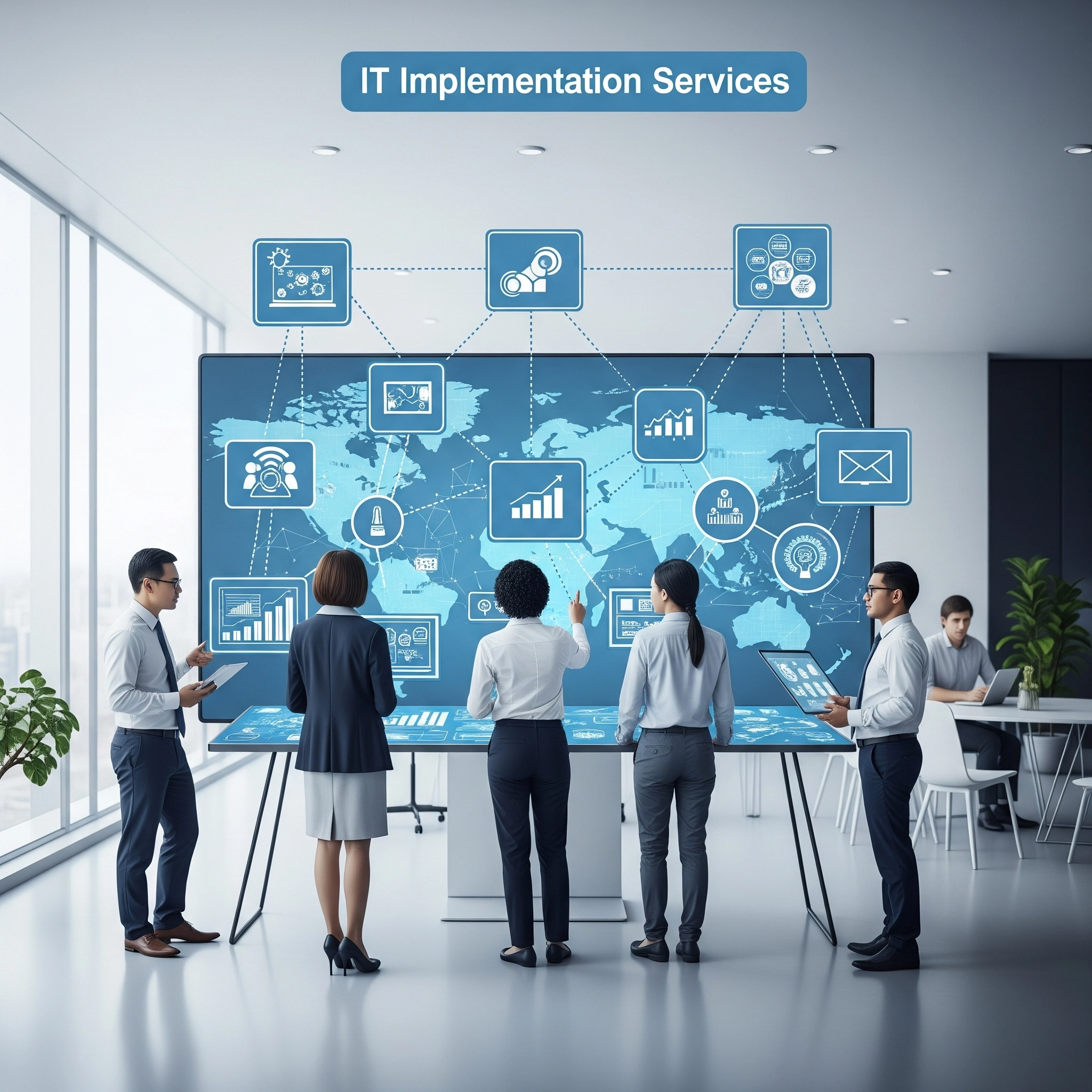

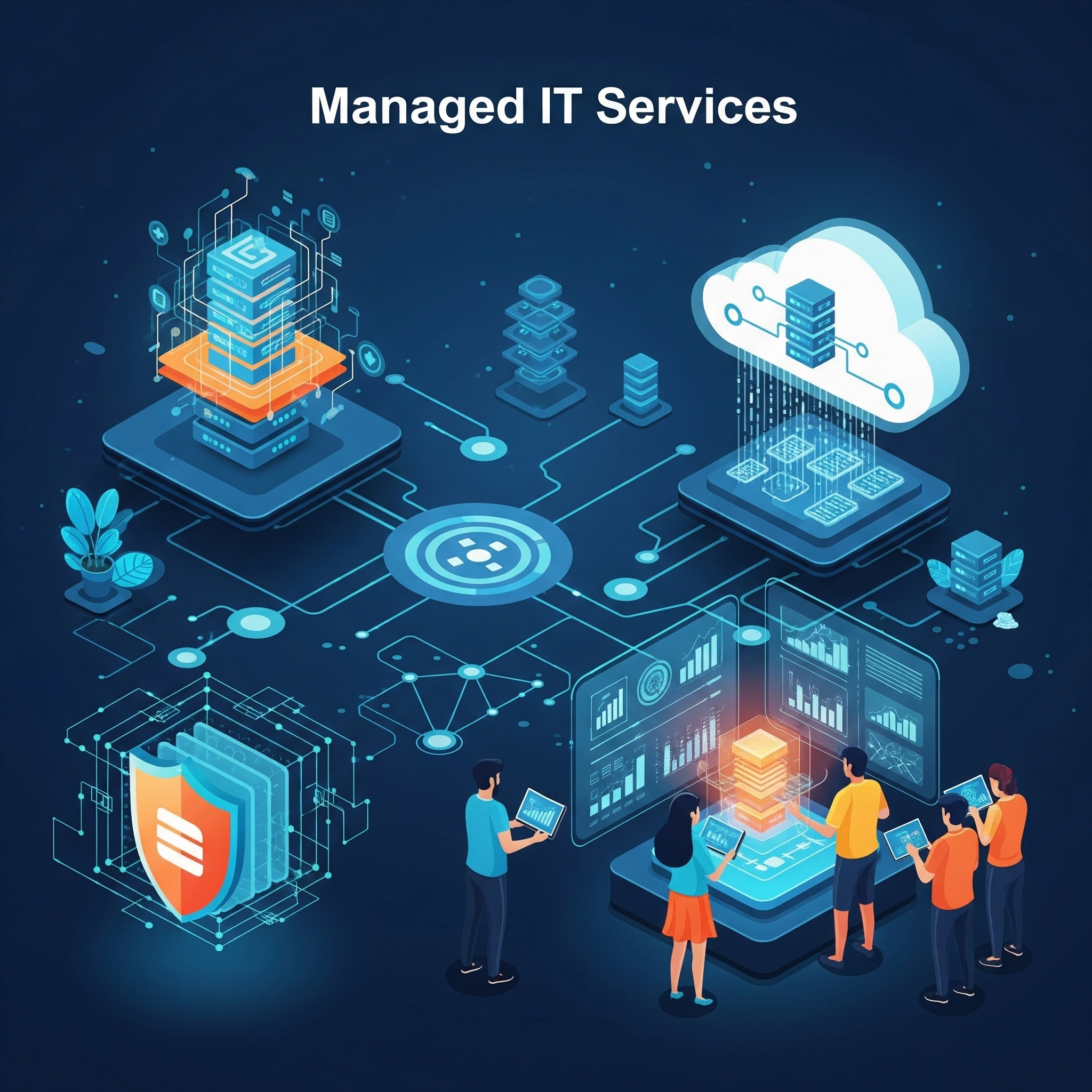
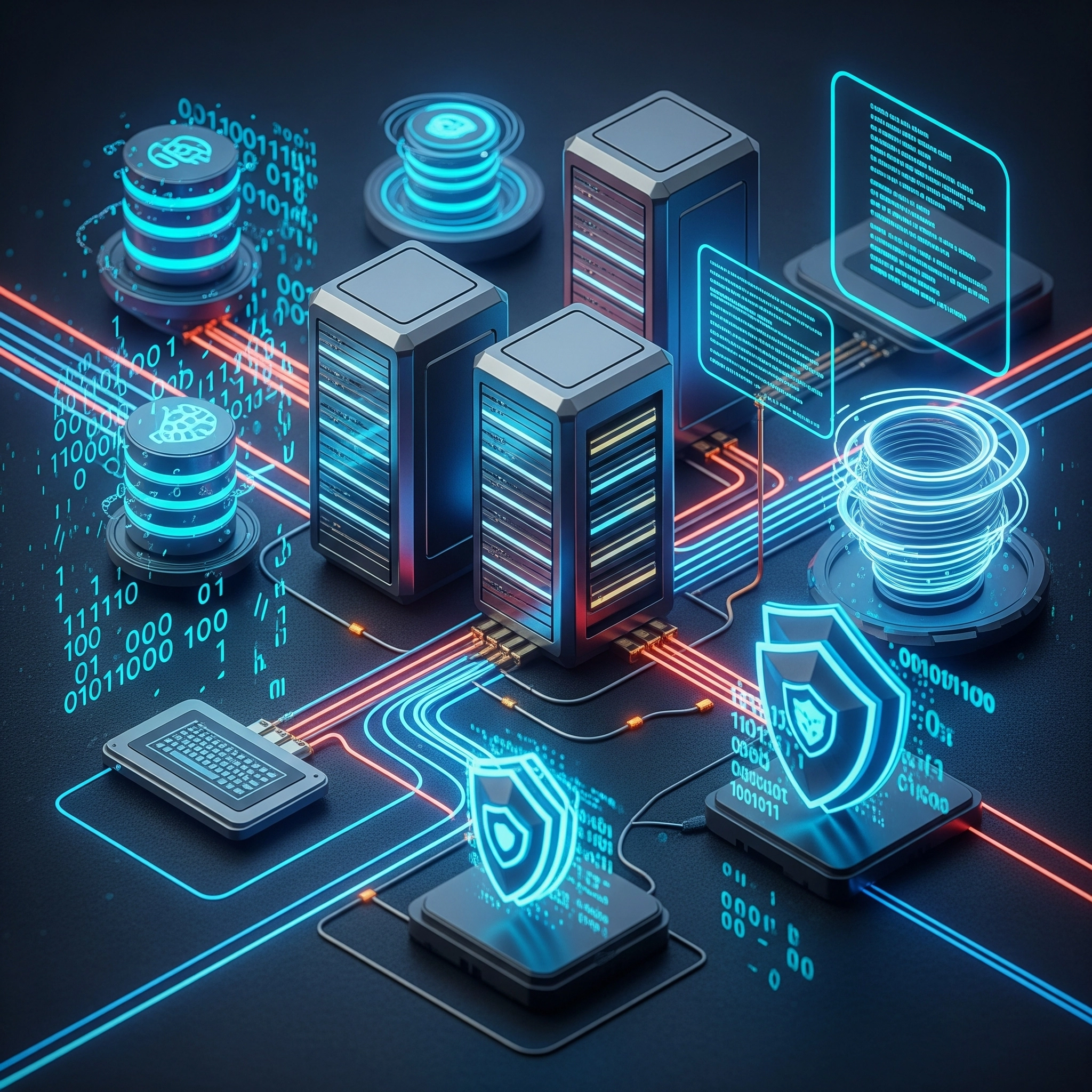

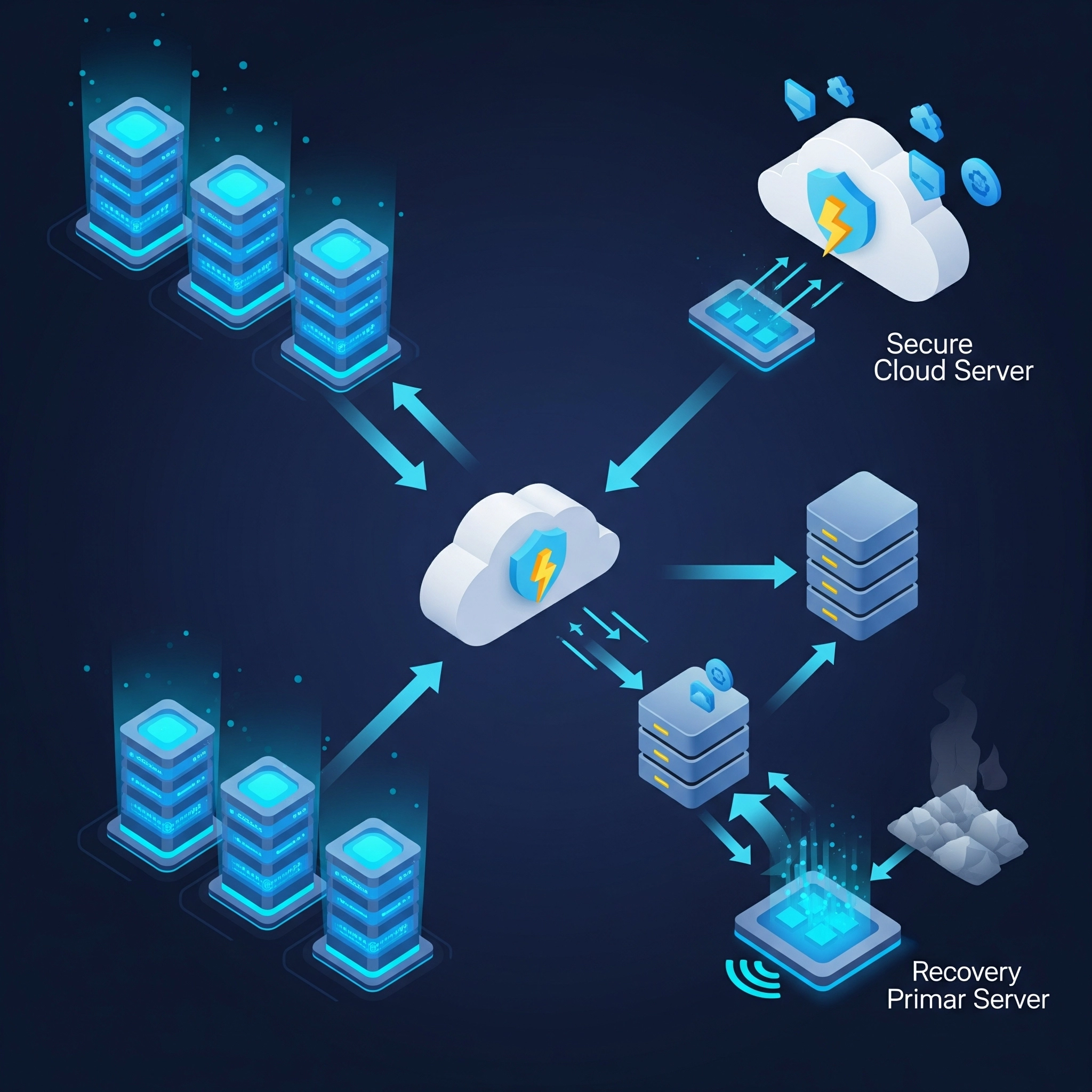

 Call Now
Call Now

